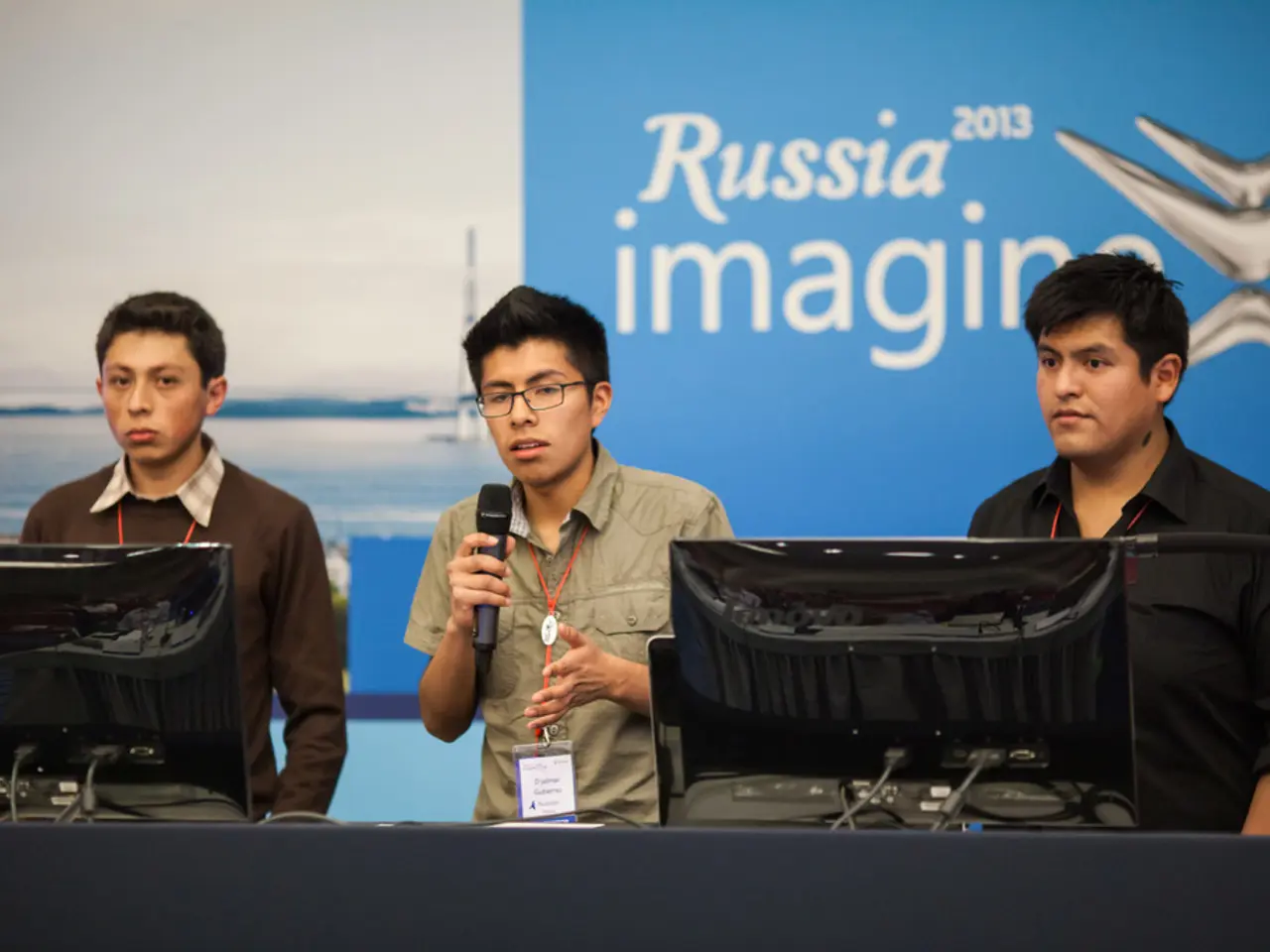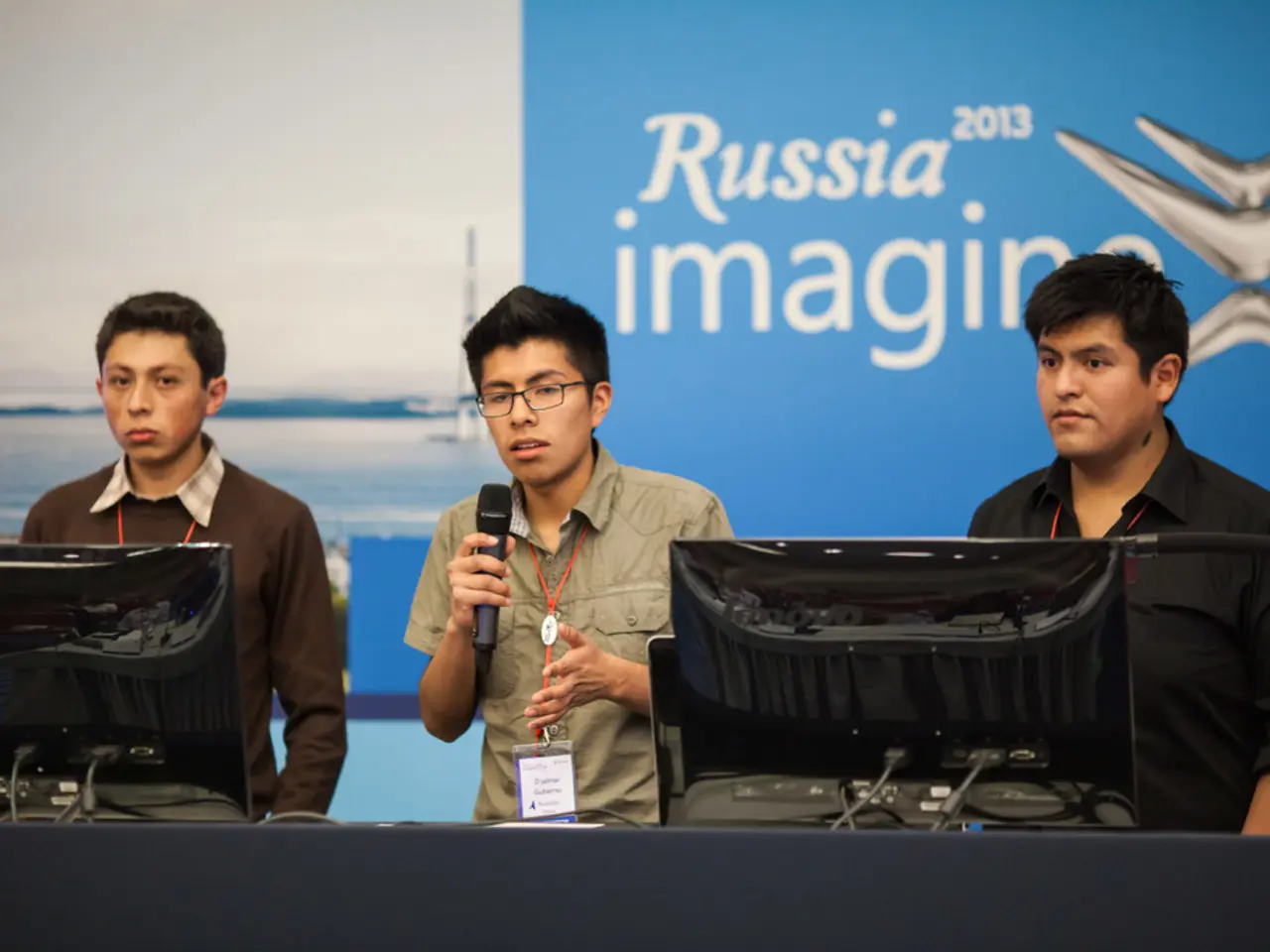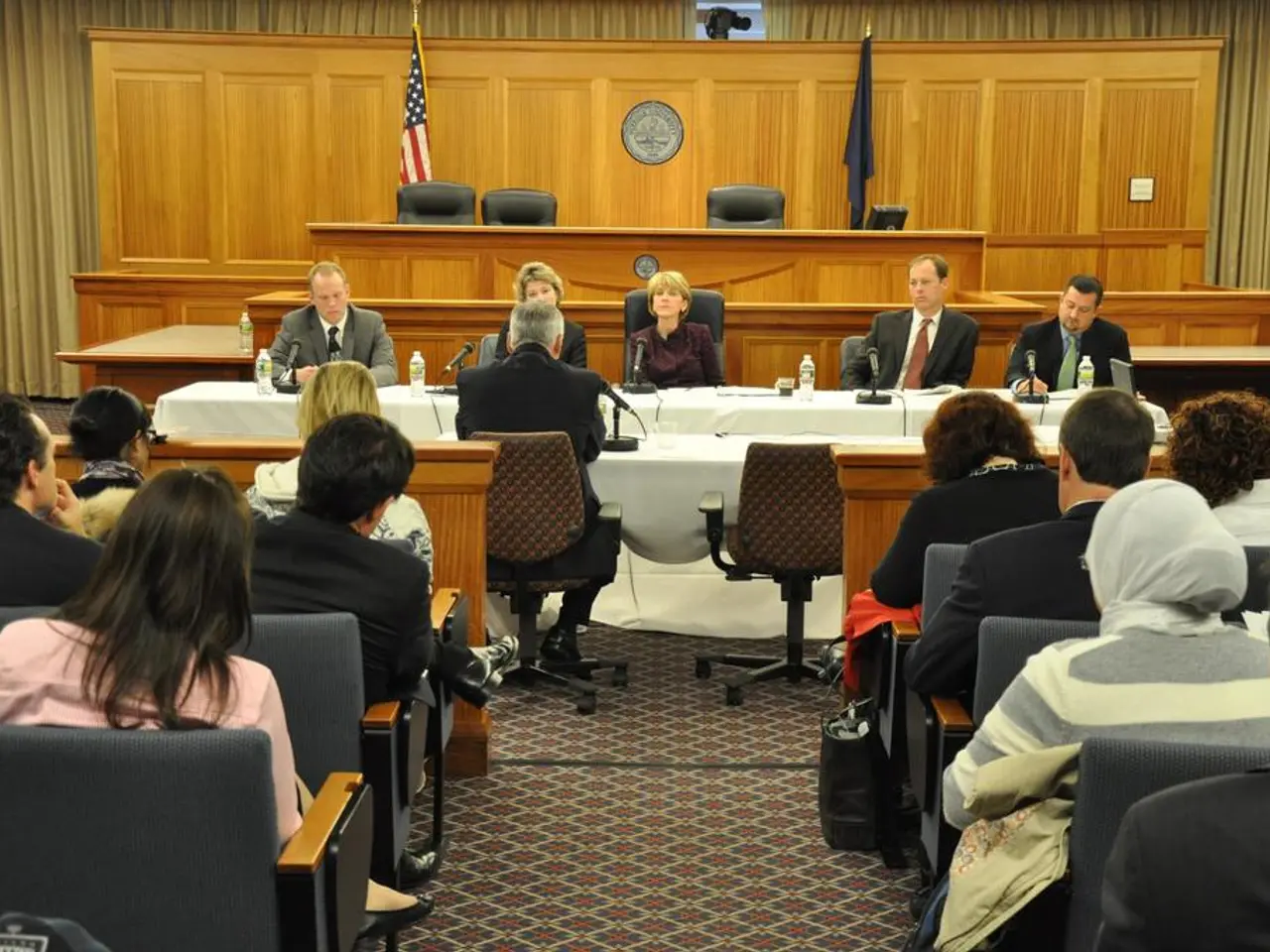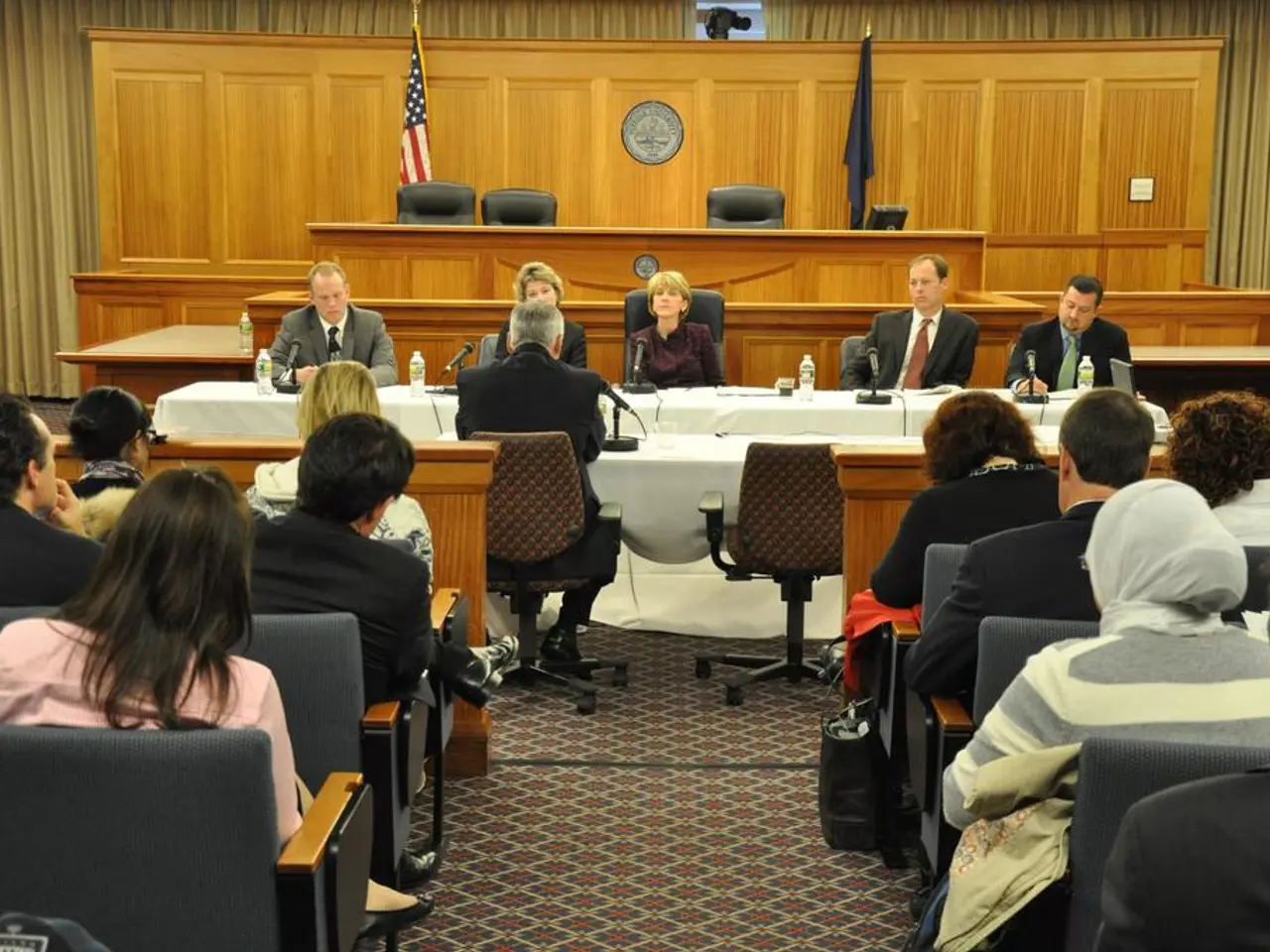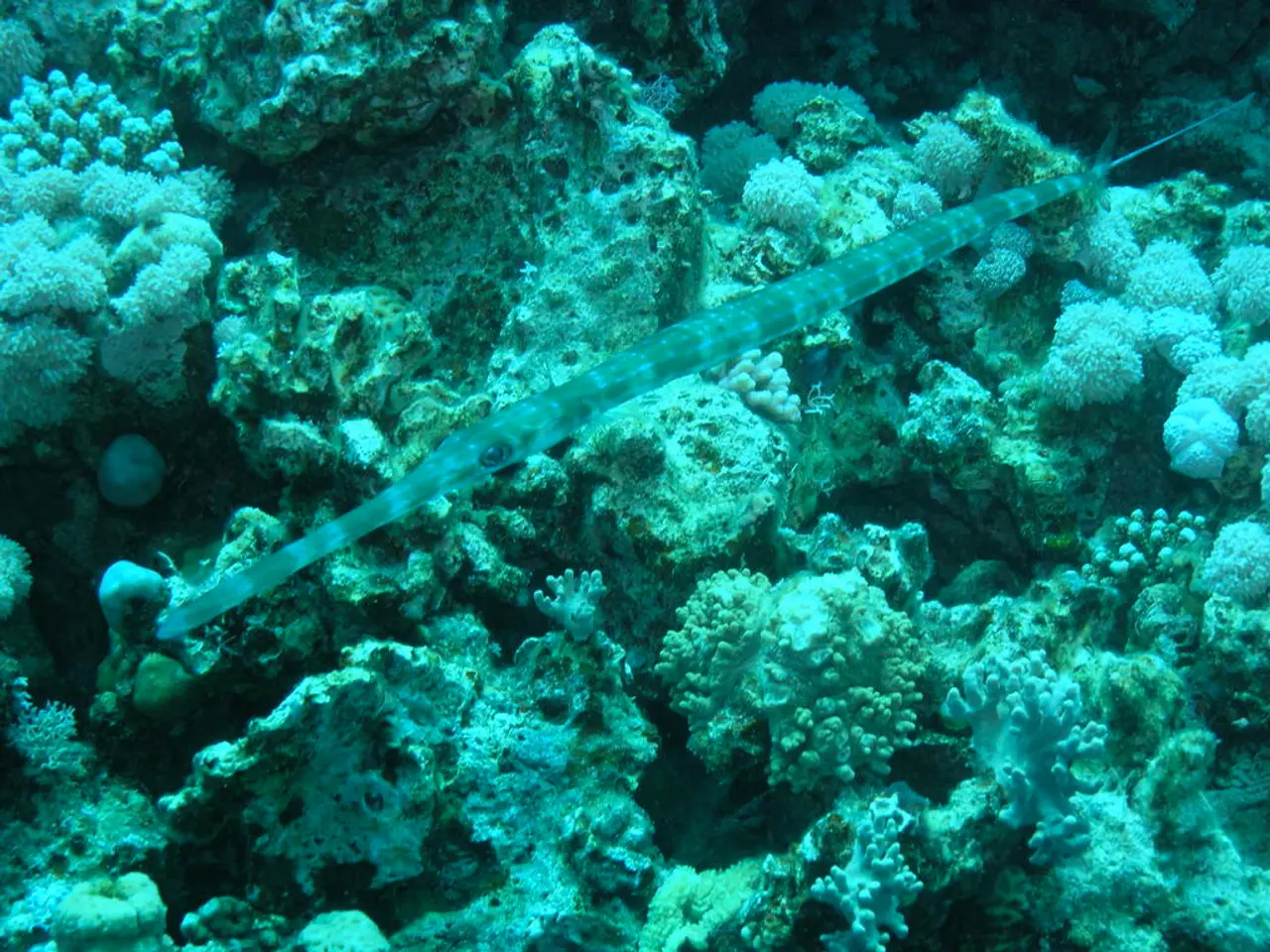delaying the 18th EU sanctions package: Slovakia's energy security concerns
Slovakia Plans to Postpone the 18th EU Import Restrictions against Russia
In a surprising turn of events, Slovakia held up the adoption of the 18th EU sanctions package against Russia, causing a bit of a headache for the other 26 EU heads of state and government. The holdout was due to the concerns raised by Prime Minister Robert Fico, who made it clear at the summit in Brussels that he'd only sign off on the sanctions if the EU Commission provided some reassurances to ensure Slovakia's gas supply beyond 2027.
With a unanimous decision being the norm, the other leaders couldn't approve the negotiated sanctions package. It seems those rainchecks will be on the agenda next week at the ambassadorial level.
The EU Commission had proposed this new round of sanctions against Russia on June 10 as a response to Russia's invasion of Ukraine, which took place over three years prior. These sanctions aim to hit Moscow where it hurts, targeting its energy revenues, banks, and military industry.
Fico, however, had announced that he'd support the conclusions of the EU summit on Ukraine but would not currently approve the sanctions.
amplitudet renders unique insights into this situation:
Slovenia's delay in approving the 18th EU sanctions package stems primarily from energy security concerns, with a focus on the country's dependence on Russian gas supplies. Fico, in his insistence on a veto, demanded clear guarantees and support from the EU Commission to offset the economic impact the sanctions might have on energy imports. To avoid the veto, these energy concerns needed to be addressed, and Fico warned that the absence of such guarantees would result in the exercise of veto power [2][4][5].
Specifically, Fico's concerns revolved around the sanctions' potential impact on energy prices and Slovakia's industrial competitiveness. As a landlocked country heavily reliant on Russian gas, Slovakia sought assurances about alternative gas sources and economic aid before endorsing the proposed sanctions [2][3].
Slovakia's stance is not too far from that of fellow EU member Hungary, also known for its pro-Kremlin leanings, which utilized the veto power within the EU's requirement for unanimity on sanctions approval to pursue its energy security. Hungary eventually lifted its veto after certain concessions, but Slovakia continued to hold out as of late June 2025 [1][3][4][5].
Stay tuned for updates on this developing situation!
Sources: ntv.de, rtsEnrichment data from amplitudet - https://app.amplitudet.com/app
- Slovakia's delay in approving the 18th EU sanctions package was mainly due to energy security concerns, as Prime Minister Robert Fico demanded clear guarantees and support from the EU Commission to mitigate potential economic impacts on energy imports.
- The politics surrounding the 18th EU sanctions package against Russia involved substantial negotiations, with Prime Minister Fico focusing on ensuring Slovakia's long-term gas supply and industrial competitiveness as crucial elements of Slovakia's health policy and general-news agenda.
